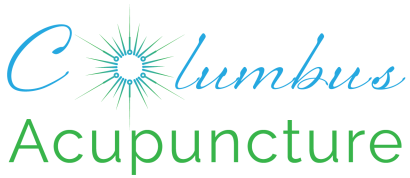
2520 California St, Ste G
Columbus, IN 47201(812) 374-4518
- Monday9am-4pmTuesday9am-5pmWednesdayclosedThursday9am-5pmFriday9am-5pmSatclosedSunclosed
-
Latest Articles:
- • Add These 10 Immune-Boosting Foods to Your Fall Diet •
- • Keep Your Skin Healthy and Glowing with these Fall Skincare Tips •
- • Beat End of Year Burnout with these Fall Self-Care Rituals •
- Sign up to receive news and updates and get my free report:“The Top 10 Reasons to Try Acupuncture”

Uncategorized
How Acupuncture Can Help With Arthritis
 How acupuncture helps
How acupuncture helps
Acupuncture treats the patient by addressing the whole body. When the body is out of balance, pain and illness can arise. Acupuncture works by returning the body back to its natural balance and energy flow to eliminate pain and to improve overall health.
There are more than 2,000 acupuncture points on the body. When these specific points are stimulated through small acupuncture needles, it can help relieve pain by improving the body’s nervous system, which can jumpstart the production of pain-reducing endorphins.
Research studies:
A study in Germany found that 304,674 people with osteoarthritis experienced less pain and stiffness after 15 sessions of acupuncture. The treatments were done during a three-month period and lasting results were seen for another three months after treatment was stopped. The patients who had the acupuncture treatment reported better quality of life and function than those who had no treatment.
A study done at the Chronic Pain and Fatigue Research Center at the University of Michigan Medical School found that of 20 women who were diagnosed with fibromyalgia, the half that received acupuncture treatment had increased activity of the pain-reducing receptors in the brain.
A trial published in the Annals of Internal Medicine studied 570 men and women with osteoarthritis. For the men and women who received 23 acupuncture treatments for about 6 months, results of less pain and better functionality occurred, compared to those with the placebo treatment.
Arthritis can be painful and persistent, resulting in frustration when it isn’t easy to find relief. Acupuncture is a non-invasive, alternative treatment that has been proven in numerous studies to help reduce pain and increase mobility.
6 Alternative Treatments to Help with Arthritis
Exercise
For those with arthritis, exercise, no matter how little you do, is one of the best natural treatments. For those with severe arthritis, even the smallest amount of walking can make a difference. Swimming is one of the best forms of exercise for those with arthritis because it puts the least amount of impact on the joints. Strengthening exercises are also recommended to keep muscles and joints strong.
Acupuncture
One of the most common reasons people seek out acupuncture is for arthritis relief. Acupuncture can help relieve pain from arthritis and increase blood flow and circulation, reducing inflammation. Through the specific placement of needles on acupuncture points on the body, acupuncture realigns the body back to balance.
Capsaicin Cream
Made from the chemical that gives chili peppers their heat, Capsaicin cream has been known to relieve arthritis pain. The cream works by decreasing the body’s pain receptors and as a result, lessening the overall pain caused by arthritis. The cream can be bought without a prescription at your local drug store.
Fish Oil
Fish oil is beneficial for numerous reasons, one of them being its anti-inflammatory properties. Because it is rich in omega-3 fatty acids, trials have found that the oil can reduce morning stiffness and the need for pain medication for those with arthritis. Fish oil is a supplement that is safe and recommended to take every day for the most beneficial effects.
Mind-Body
Mind-body techniques like meditation, relaxation and tai chi have been seen to improve overall quality of life for those with arthritis. Tai Chi is a martial art that involves slow, easy movements along with deep breathing. This exercise can improve the body’s motion and physical fitness without being too demanding on the joints and muscles. Although meditation and relaxation do not necessarily reduce pain, they have been found to improve mood and health in arthritis patients dealing with chronic pain.
Diet
Studies have shown that some patients benefit from changes in their diet by eliminating food that may contribute to their arthritis pain. By removing allergens from the diet, overall inflammation can be reduced. Common diets that have been seen to be beneficial include a mediterranean diet rich in nuts, fish, vegetables, fruit and olive oil. Foods that are not recommended include red meat and dairy as those can cause inflammatory reactions.
6 Foods to Help Your Arthritis
 Fish
Fish
Fish are full of omega-3 fatty acids, which work as a natural anti-inflammatory. Some of the best fish to consume include salmon, tuna, mackerel and herring, which are all rich in omega-3s. The recommended weekly amount is around six to eight ounces of fish.
Oil
Healthy oils like extra virgin olive oil, avocado and safflower oils are packed with healthy fats and anti-inflammatory properties.
Broccoli
Because it contains sulforaphane, broccoli has been shown to slow and prevent the progression of osteoarthritis. Broccoli is rich in vitamin K, C and calcium, which is known to help strengthen bones.
Green Tea
Green tea has many health benefits, one including reducing pain of arthritis. The tea is full of antioxidants that work to lower inflammation and the disintegration of cartilage.
Citrus Fruits
Fruits like oranges, limes and grapefruits are very acidic and full of vitamin C. Vitamin C can help aid healthy joints for those with arthritis and work as an anti-inflammatory.
Beans
Beans are beneficial for many reasons. They are a great alternative to meat for protein and are rich in folic acid, magnesium, iron, zinc and potassium. Red beans, kidney beans and pinto beans are known to improve muscle health and the heart and immune system.
Having a natural and well-rounded diet is a part of any healthy lifestyle, but can be especially beneficial for arthritis and chronic pain.
Acupuncture and Memory – Research Update

A systematic review from the US National Library of Medicine National Institutes of Health found that electroacupuncture could improve orientation, perception, praxis and attention with older patients with stroke. Another study published in the Journal of Acupuncture and Meridian Studies found that patients who were given acupuncture treatment saw an increase in memory and decrease in anxiety when completing a given task to test working memory. A study published in the Public Library of Science concluded that acupuncture treatment for patients with Alzheimer disease and mild cognitive impairment can activate cognitive-related regions in the brain to help improve memory. If you or someone you know is suffering from memory loss, consider acupuncture as a safe, alternative treatment.
Ways to Keep Your Memory Sharp
Don’t forget about physical exercise:
Believe it or not, when you’re exercising your body, you’re exercising your mind as well. Aerobic exercise gets your blood pumping, which increases the oxygen going to your brain and lowers your risk of disorders such as diabetes and cardiovascular disease that can lead to memory loss. If you can, start with some exercise in the morning. This can clear your head right off the bat to stay focused and alert during the day. Exercises that require coordination are especially helpful for keeping the mind active such as simply throwing a ball back and forth.
Make sure you’re sleeping:
Sleep is one of the best ways to make sure your brain and memory are in tip-top shape on a daily basis. To get the most out of your sleep, aim for 7.5-9 hours every night. Make sure to shut off the electronics at least an hour before bed to help the mind shut off as well. Try to limit your caffeine and alcohol intake earlier in the day. Both can result in a shallow sleep.
Keep your brain stimulated:
Research has shown that keeping mental stimulation as we age is very important for lowering the risk of dementia. Stay social, interact with others, learn new skills, play mind-exercise games like crossword puzzles or Sudoku. Interacting with others and continuing to learn is vital for keeping the brain healthy at any age.
Be aware of your stress:
Chronic stress can not only make someone miserable, but also cause serious long term effects. Stress over time has been shown to destroy brain cells and damage the area of the brain that creates new memories and recalls past ones. To avoid memory loss, minimize your stress. Don’t take on too many tasks if they overwhelm you, sometimes it is ok to say no. Make sure you have outlets to relieve stress whether it is physical exercise or talking with someone about your frustrations.
Don’t forget about your superfoods
Certain superfoods have shown to be significant in preventing memory loss. Make sure to get your fruit and vegetable servings in, many are filled with antioxidants that help protect your brain cells. Eat more foods with omega-3 fatty acids such as salmon, tuna and foods cooked with olive oil. Green tea is another option that has powerful antioxidants to protect from brain damage.




